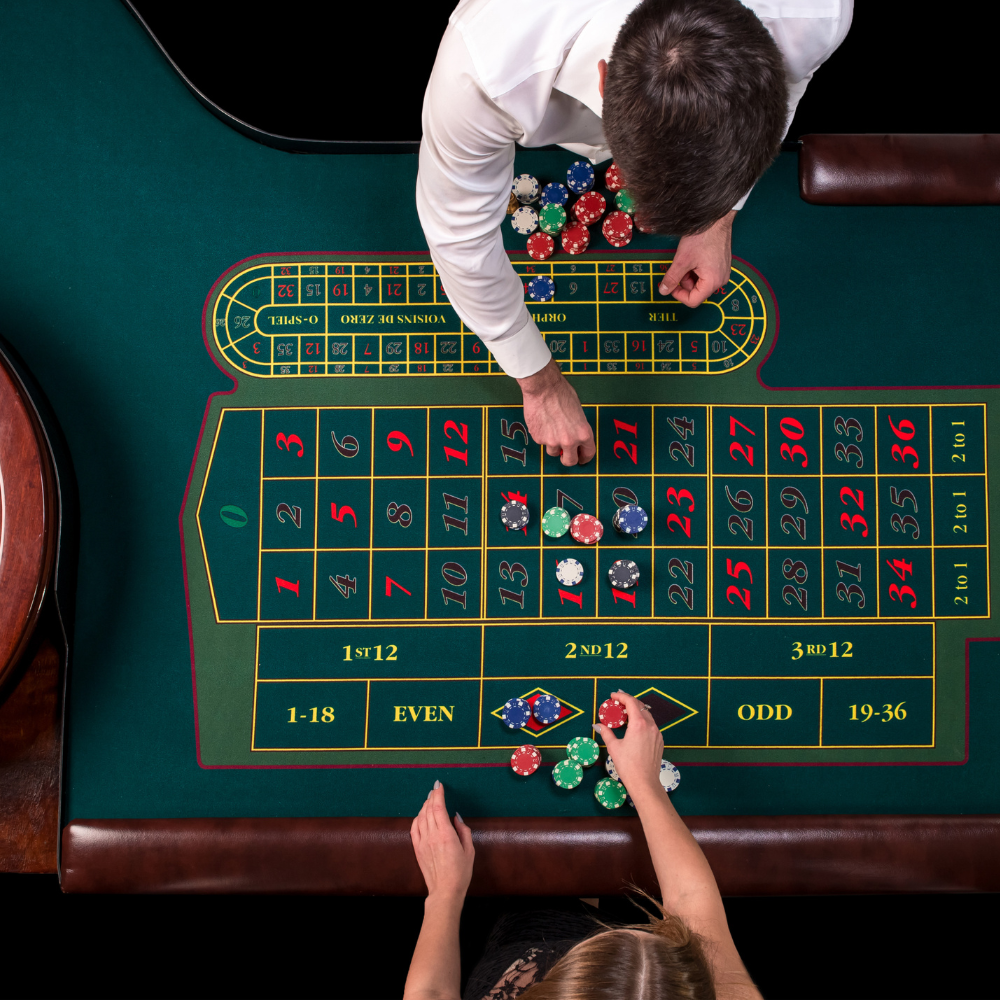The dark side of the game: Angry gamblers fuel surge in social media player abuse
A new study has revealed a disturbing connection between gambling and the escalating trend of online abuse directed at athletes and other sports figures on social media. The research indicates that angry gamblers are responsible for nearly half of all abusive messages targeting players, highlighting the damaging impact of gambling-related frustrations spilling over into the digital realm.
The study, conducted by analyzed millions of social media posts directed at athletes across various sports, including football (soccer), basketball, and baseball. The researchers identified a clear pattern of abusive messages coinciding with gambling outcomes, particularly after losses or perceived poor performances that impacted bets.
The findings reveal that approximately 45% of abusive messages directed at players were directly linked to gambling. These messages often contained insults, threats, and even personal attacks, fueled by the financial frustrations of losing bets. The language used in these messages frequently referenced gambling terms and outcomes, further solidifying the connection.
“The link between gambling and online abuse is deeply concerning,” says events that directly affected gambling outcomes, such as missed penalties, fumbled balls, or controversial refereeing decisions. This suggests that a substantial portion of the abuse is being driven by frustrated gamblers.”
The study also found that the abuse was not limited to professional athletes. Even amateur and collegiate players were targeted with gambling-related harassment, indicating the widespread nature of the problem. This finding is particularly alarming, as younger athletes may be more vulnerable to the psychological impact of online abuse.
The rise of online sports betting and the increasing accessibility of gambling platforms have contributed to this growing problem. With betting now just a few clicks away, the emotional intensity associated with gambling outcomes can easily translate into impulsive and abusive online behavior. The anonymity afforded by social media platforms further exacerbates the issue, emboldening individuals to engage in behavior they might not otherwise exhibit.
The consequences of this online abuse can be devastating for the targeted athletes. It can lead to anxiety, depression, and even post-traumatic stress disorder. In some cases, athletes have been forced to take breaks from their sport or even retire altogether due to the relentless harassment.
The study’s findings have prompted calls for greater action from social media companies, sports organizations, and gambling regulators. Researchers are urging social media platforms to implement more effective measures to identify and remove abusive content, as well as to improve their reporting mechanisms.
Sports organizations are also being encouraged to provide better support and resources for athletes who are targeted by online abuse. This includes offering mental health counseling and educating athletes on how to manage their social media presence.
Gambling regulators are being urged to incorporate responsible gambling messaging that addresses the potential for online abuse. This includes raising awareness about the negative consequences of gambling-related anger and providing resources for individuals who may be struggling with gambling addiction.
“This is not just a problem for athletes; it’s a societal issue, “We need a multi-faceted approach that involves social media companies, sports organizations, gambling regulators, and individuals to address this growing problem. Education and awareness are crucial in preventing online abuse and promoting responsible gambling practices.”









